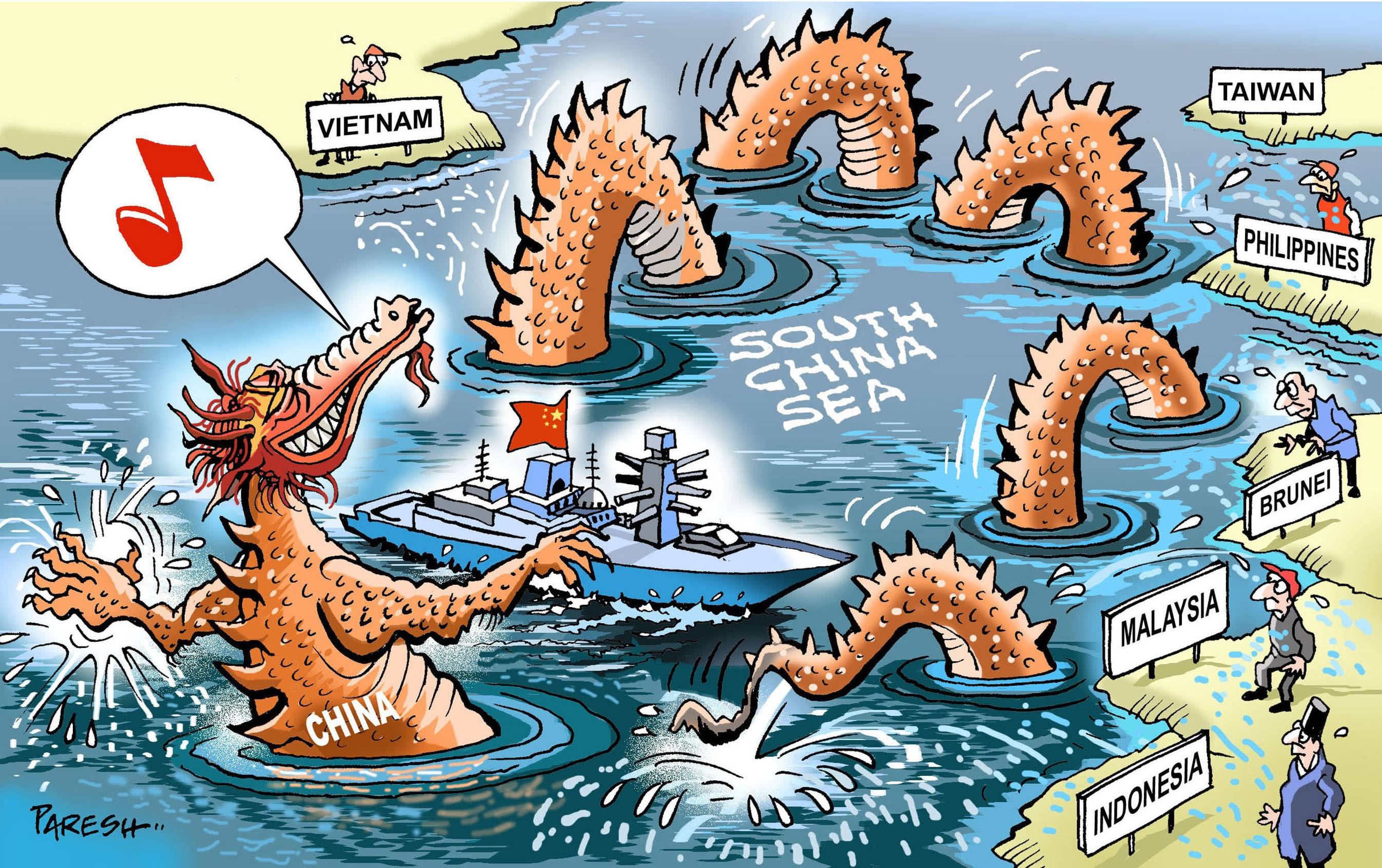 Chinese general accuses US of creating ‘Asian NATO’
Chinese general accuses US of creating ‘Asian NATO’
Pentagon chief tells Singapore forum that countries with common vision are coming together
SINGAPORE - A Chinese general has accused the United States of trying to create “an Asia-Pacific version of NATO” to maintain American-led hegemony in the region.Lieut Gen Jing Jianfeng of the People’s Liberation Army was responding on Saturday to comments by US Secretary of Defense Lloyd Austin about Washington’s actions in the region, including forging partnerships, which are designed to stem Beijing’s military assertiveness.
The two men are among the senior defence officials from around the world attending the Shangri-La Dialogue, an annual security forum held in Singapore. The agenda features a host of contentious issues including Taiwan, as well as China’s relationship with Russia.The United States’ Indo-Pacific strategy is political rhetoric that sounds good but does no good, Jing told the forum.
He accused America of arming Taiwan for independence, and slammed Washington for breaking its promise on Taiwan and “hollowing out” the One China policy.
Austin said earlier that countries in Asia with similar values and a common vision were coming together. He was responding to Cao Yanzhong, a research fellow at the Academy of Military Sciences, who asked if the US was building a NATO-like alliance in Asia-Pacific.
Cao asserted that the expansion of NATO had triggered the war in Ukraine, but Austin disagreed, saying the blame lay with Russian President Vladimir Putin.
“He assumed he could very quickly roll over his neighbor and annex the country,” the Pentagon chief said in a Q&A session after his speech. “That was two-plus years ago. He has not achieved any of his strategic objectives.”
While Austin hailed improved military-to-military communication between the US and China, he said he also saw the need for deterrence against Beijing.
The Indo-Pacific, he said, would continue to be America’s “priority theatre of operations” despite Washington’s recent preoccupation with conflicts in Europe and the Middle East.
In other developments at the forum:
Cambodia’s defence minister said his country needs China’s support to help train troops to use equipment at its naval base on the Gulf of Thailand, while once again reiterating that Beijing will not be given a permanent military presence.
The United States and others have expressed concern that Chinese warships appear to be “settling in” at the Ream Naval base, where an expansion was funded by Beijing.
“We need some technicians who are trainers so that our navy can use all this equipment in order to protect our maritime boundary and territorial integrity,” Tea Seiha told the forum.
The Philippine Coast Guard will continue publicising its encounters with Beijing in the South China Sea, its chief said, as part of efforts to assert the Southeast Asian country’s maritime claims.
Manila will also pursue missions to contested areas such as the Second Thomas and Scarborough Shoals despite recent clashes with Chinese vessels, Coast Guard chief Adm Ronnie Gavan said.
Australia has “security anxieties” in its relationship with China even as trade ties have stabilised, Deputy Prime Minister Richard Marles said, as he called on Beijing to uphold the global rules-based order.
“There’s no point in denying the fact that they exist, which is why we talk about cooperating with China where we can, and disagreeing where we must,” he said in an interview with Bloomberg Television.
Russia is aiding the development of North Korean satellite technology as part of the arms and resource trade, according to South Korea Defence Minister Shin Wonsik.
“North Korea exported missiles and artillery and, in return, they received oil, food and military technology,” Shin told the forum. “Particularly for military reconnaissance-related satellite technologies.”
The US and South Korea are putting together measures to counter this as North Korea’s capabilities can be significantly improved if these exchanges continue, Shin said.
Sunday, June 2, 2024
Chinese general accuses US of creating ‘Asian NATO’
Subscribe to:
Post Comments (Atom)




No comments:
Post a Comment
Note: Only a member of this blog may post a comment.